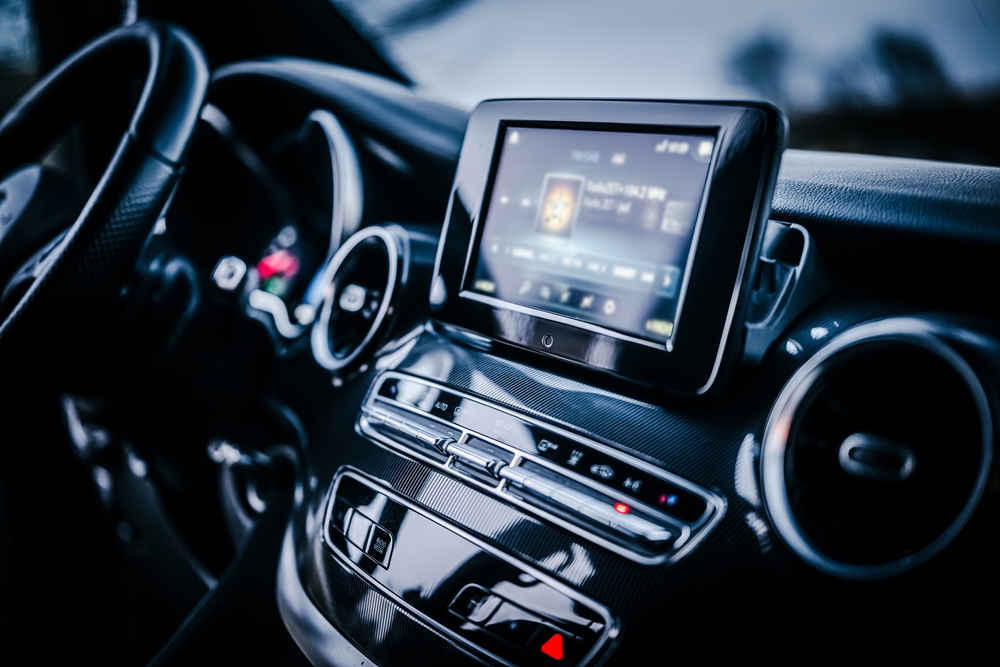In today’s rapidly evolving technological landscape, innovation in the automotive industry is not just about horsepower and design. With the rise of smart cities, the Internet of Things (IoT), and a growing emphasis on sustainability, the future of travel is being reshaped by groundbreaking advancements in connectivity and safety features within vehicles. As we look ahead, it’s evident that upcoming cars are not just modes of transportation but hubs of connectivity and bastions of safety. Let’s delve into the next-level features that will define future-ready travel.
1. 5G Connectivity: As the world moves towards 5G networks, upcoming cars are poised to become seamless extensions of our digital lives. Imagine downloading movies in seconds, streaming high-definition content without buffering, and enjoying uninterrupted navigation thanks to ultra-fast 5G connectivity within your vehicle. This technology will not only enhance entertainment options for passengers but also enable real-time communication with other vehicles, traffic infrastructure, and cloud-based services for optimized navigation and safety alerts.

2. Augmented Reality (AR) Heads-Up Display (HUD): Gone are the days of glancing down at your dashboard for navigation instructions. Upcoming cars will feature AR HUDs that project vital information directly onto the windshield, overlaying navigation prompts, speed limits, and hazard warnings onto the driver’s field of view. This technology enhances safety by keeping drivers’ eyes on the road while providing essential information in real-time, creating a futuristic driving experience.
3. Vehicle-to-Everything (V2X) Communication: V2X communication enables vehicles to exchange data with other vehicles, infrastructure, pedestrians, and the cloud, paving the way for enhanced safety and efficiency on the roads. With V2X technology, cars can anticipate and react to potential hazards, such as sudden braking by the vehicle ahead or a pedestrian crossing the street, significantly reducing the risk of accidents and improving traffic flow in urban environments.
4. AI-Powered Driver Assistance Systems: Future-ready cars will be equipped with advanced driver assistance systems (ADAS) powered by artificial intelligence (AI) algorithms. These systems will not only automate routine driving tasks, such as lane-keeping and adaptive cruise control but also adapt to individual driving styles and preferences over time. By leveraging machine learning, AI-driven ADAS will continuously improve safety and comfort, making driving more enjoyable and stress-free.
5. Biometric Authentication: Say goodbye to traditional keys and key fobs. Upcoming cars will employ biometric authentication systems that recognize drivers based on their unique physiological traits, such as fingerprints, facial features, or voice patterns. This not only enhances security by preventing unauthorized access but also personalizes the driving experience by automatically adjusting settings, such as seat position, climate control, and infotainment preferences, based on the driver’s profile.
6. Predictive Maintenance: No one likes unexpected breakdowns or costly repairs. Future-ready cars will employ predictive maintenance systems that monitor the vehicle’s health in real-time, analyzing data from sensors and onboard diagnostics to detect potential issues before they escalate. By proactively scheduling maintenance appointments and alerting drivers to impending repairs, these systems ensure optimal performance, reliability, and safety throughout the vehicle’s lifespan.
7. Autonomous Valet Parking: Tired of circling the parking lot in search of a spot? Upcoming cars will offer autonomous valet parking capabilities, allowing drivers to drop off their vehicle at the entrance of a parking facility and let it find and park in an available space on its own. Using a combination of sensors, cameras, and AI algorithms, autonomous valet parking not only saves time and reduces stress but also maximizes parking space efficiency and minimizes the risk of accidents in crowded parking lots.
8. Health and Wellness Monitoring: Your car will soon double as a personal health assistant. Future-ready vehicles will be equipped with biometric sensors that monitor passengers’ vital signs, such as heart rate, blood pressure, and stress levels, in real-time. By analyzing this data, the car can alert drivers to signs of fatigue or distraction and recommend breaks or alternative routes to ensure safety on long journeys.

In conclusion, the future of travel is poised to be revolutionized by next-level features in upcoming cars that prioritize connectivity, safety, and convenience. From 5G connectivity and AR HUDs to AI-driven ADAS and autonomous valet parking, these advancements promise to redefine the driving experience and pave the way for a safer, smarter, and more enjoyable journey on the roads of tomorrow. As we embrace the era of future-ready travel, one thing is certain: the possibilities are limitless, and the future is closer than we think.

